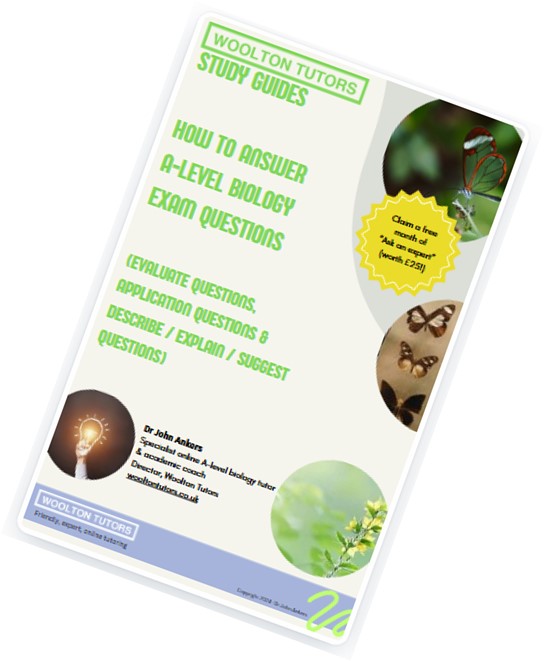Critical thinking is about finding a balance – evaluating information towards a balanced view of a particular topic. Developing your critical thinking skills is an essential part of putting your work into context. But evaluating data, from multiple sources, is also an essential part of modern life. With so much debate over “fake” news and AI-related manipulation, critical thinking skills can help you determine who you trust and why.
Critical thinking skills are also an important part of education, from “evaluate” questions in science, to the A-level EPQ, up to postgraduate and academic reports and assignments. So here are some tips for developing your critical thinking skills.
Learn to separate fact from opinion
Whether it’s a statement in a newspaper, a web site or social media – your first job is to establish if the basis is fact (did it really happen? Is there any proof? – see sources below) or opinion (someone is presenting their own conclusion, which may be subject to bias – see below). Both are useful to your balanced view, but should be handled very differently. You could suggest, for example, that two people have interpreted an event differently, with all their experiences and potential biases called into play, so long as you make the line between fact and opinion clear.
Who or what do you trust? The importance of sources
In building your view of a topic, it is important that any information you rely on is trustworthy. The sources you use should/will always be transparent and public (so they can be checked, just as you are checking on other people’s sources). But how do you decide what to trust? Eyewitness observations, videos or experimental data are the safest form of establishing trust – although these (and the trust they carry) are not immune to manipulation. When gathering academic sources, look for work published in established peer-reviewed journals, or papers that have been cited multiple times by other researchers.
Question everything – Look at the core data when evaluating a source
If you are writing an academic report (your assignment may be to “critically review relevant literature” or “critically evaluate the scientific basis”), the temptation may be to include a source based solely on its “headline” – the core hypothesis or message. Where possible, make sure you are comfortable that the data supporting these sources, and how they are analysed, backs up these “take home messages”. A-level students use this approach in their “evaluate” questions, or during their Extended Project Qualification (EPQ).
Bias, motives and balance
Considering different points of view is essential when presenting the balanced view that we’re striving for with critical thinking. A core argument may have sources in support and in disagreement – this is natural and healthy, and helps you to discuss the current thinking around topics that may be controversial.
Real life is rarely black and white though (see language below). Calm, balanced appraisal of the complexities of a situation, with empathy, is often how people reach a point of understanding. Generally, points of view that seek to inflame, “gas light” or otherwise encourage division are to be treated with suspicion – still discussed, of course, but with a cautious eye on motives and bias. Bias is also an important consideration in self-reflection – how did your opinions change throughout a project? What did you do as a result?
Language is important – theirs and yours!
When evaluating a source, look for sweeping statements – does the data really apply in “all” cases? Is “every” person the same? Generally, good research favours open language, allowing for the possibility of exceptions to rules. During critical analysis, make sure your conclusions are open too – “all” becomes “most” or “many”, while “every” is diluted to “frequently” or “often”.
Why trust me?
I’m a former scientist with a PhD in cell biology and mathematics, now a tutor and coach. I’ve written for the Royal Statistical Society on shaky statistics in the media, and have over a decade’s experience as a freelance science writer. I’m hoping you might like some one-to-one help developing your critical thinking skills (That’s my bias!)
Generally, though, the point I’m trying to make is don’t give your trust out lightly, develop your critical thinking skills and decide for yourself.
Good luck,
John
Woolton Tutors
Dr John Ankers is a specialist biology tutor and academic coach. He also helps postgraduates and PhDs with critical analysis.













